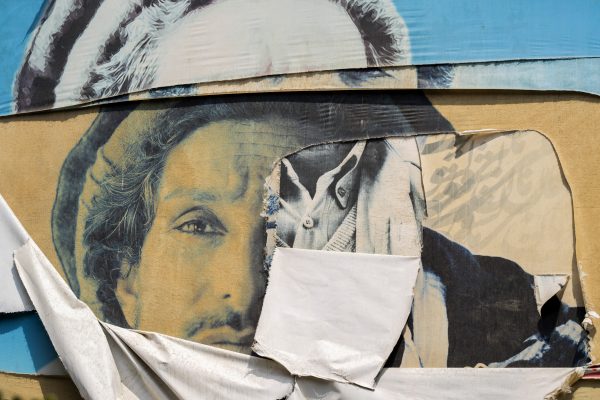Summary by Geopolist | Istanbul Center for Geopolitics
The essay analyzes the complex legacy of Ahmad Shah Massoud, a significant figure in Afghanistan’s contemporary history. Massoud is frequently regarded as a national hero in the West for his resistance against Soviet forces and subsequently the Taliban. His assassination on September 9, 2001, signified a pivotal moment in Afghanistan’s political landscape, coming within two days before to the 9/11 attacks. Although his death is regarded as a considerable loss by many, Massoud’s legacy in Afghanistan is more contentious due to his conduct throughout the civil war.
Massoud’s position as defense minister of the Mujahideen government during the civil war of the 1990s is a subject of dispute. His forces were alleged to have caused extensive civilian casualties, devastation, and violations of human rights. The utilization of Afghanistan’s emerald-laden mountains to finance his military endeavors contributed to his intricate reputation, with some perceiving him as a warlord rather than a liberator. Although depicted in the West as a progressive leader advocating for women’s rights, there is less evidence of his efforts to enhance the position of women in the territories he governed.
Ahmad Massoud, his son, now has the task of perpetuating his father’s legacy in a significantly transformed Afghanistan. In contrast to his father, Ahmad Massoud has predominantly lived outside and possesses no direct military experience, which both advantages and disadvantages his position. He has faced challenges in garnering support from Afghans, with some condemning his efforts to solicit foreign backing for his resistance against the Taliban as exploiting his father’s legacy. Ahmad’s political naivety and sporadic contentious remarks have exacerbated his role as a unifying figure against the Taliban.
The narrative of Ahmad Shah Massoud and his progeny highlights the persistent intricacies in Afghanistan’s pursuit of stability. Although Massoud is idealized by some as a champion of liberty, his legacy also serves as a reminder of the harsh reality of Afghanistan’s historical struggles. The paper posits that transcending the mythologization of heroes and villains is crucial for attaining a peaceful future for Afghanistan. This entails recognizing historical grievances and promoting a national discourse that examines the complex history of the Afghan populace.
Read the full article here.






